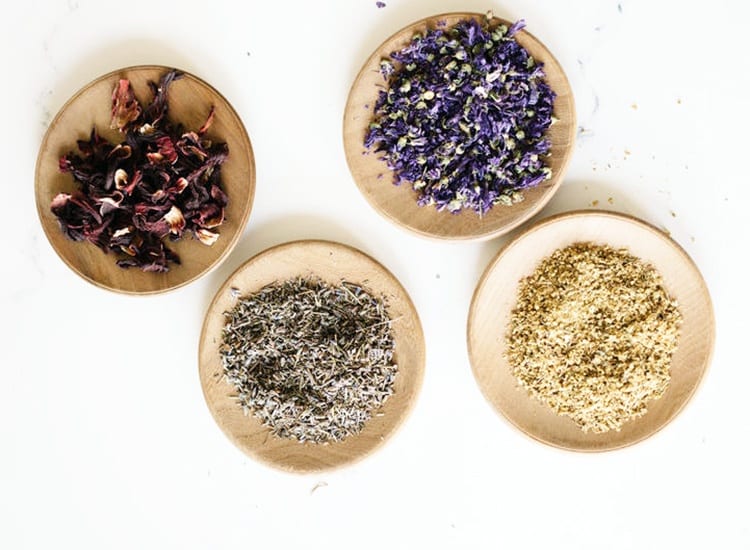Clean 21: 21 Day Detox
Our Signature 21-Day Full-Body Reset
Questions? Ask about this product
Free Shipping On Orders Over $50
Complementary products


Have you ever gotten an acupuncture treatment? Are you familiar with the Yin-Yang symbol? These are both components of Traditional Chinese Medicine. Traditional Chinese Medicine (TCM) is one of the oldest systems of medicine in history, with recorded instances dating more than 2,000 years back. TCM is a multi-faceted and detailed ancient healing medicine that is a component of functional medicine and a whole healthy lifestyle.
TCM is rooted in the ancient philosophy of Taoism that we live in a universe in which everything is interconnected – linking the physical body and mind as one. TCM believes that health is not isolated to a specific part of the body, but is related to one’s environment, surroundings, emotions and divine connection. Disease and sickness occur when things are out of balance in the body.
Within TCM, various therapies are used to manage health and treat illnesses. Some of these therapies include Chinese herbal remedies, acupuncture, massage, cupping, tui na, qigong and tai chi.
In TCM, Yin and Yang help explain different conditions or attributes of things that the body may be exhibiting. In the body, Yin represents things that are maintaining or enduring, inward and cold, nourishing and supporting. Yang represents things that are expanding, warm, outward, constantly moving, creative and dynamic. Conditions in the body can be loosely categorized as one of these two dualities.
However, there are no absolutes – nothing is ever all yin or all yang, but a balance between the two forces. These forces are opposite yet complementary. Without yin, there would be no yang, and without yang, there would be no yin. To achieve balance, different therapies are used to increase or decrease yin/yang.
TCM uses eight principles to interpret symptoms and identify conditions. These eight principles are used in conjunction with the Five Element Theory to analyze how the body works. In addition, five tastes exist that influence the function of a pair of organs and correspond with the elements that are a part of five element theory of Chinese medicine.
Qi is best explained as energy or vital life force. If you have studied yoga or Ayurveda, you have most likely heard the term “prana”. Qi is the equivalent in TCM. Many different things contribute to the flow of qi within the body. Each individual’s qi acts differently from person to person, further verifying that no one “prescription” works for everyone. When qi is balanced and unobstructed, health and vitality are at their peak in the body.
Foods are known to be much more than just calories and nutrients. They have energetic properties that impact the way the body feels. This is similar to some of the beliefs of the healing medicine of Ayurveda. Your body type, personality, constitution, state of health and other factors determine which foods are right for your unique body. The seasons also have an effect on which types of food should be eaten or restricted. For example, cooling foods should be avoided in the winter because this can exacerbate problems related to issues of “cold”, think fever, chills, joint pain, in the body.
Some general dietary guidelines for all are simple and intuitive: chew food well, eat until you’re 80% full, avoid external stressors when eating, refrain from eating within three hours of bedtime, and eat lightly cooked foods when possible.
It can be fun to try out new healing mechanisms! Schedule an acupuncture appointment (bodywork is especially helpful when cleansing). Take a tai chi class. Pick up a book about TCM at your local library. Anything that encourages mindfulness, connection, listening to your body and balance sounds good to us.
Written by Hannah Aylward
If you enjoyed this article, you might also like 5 Proven and Powerful Benefits of Reiki